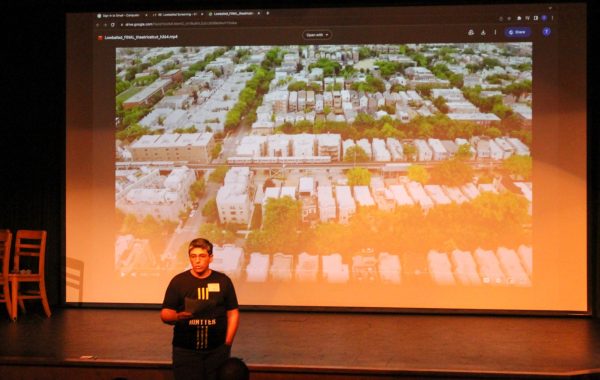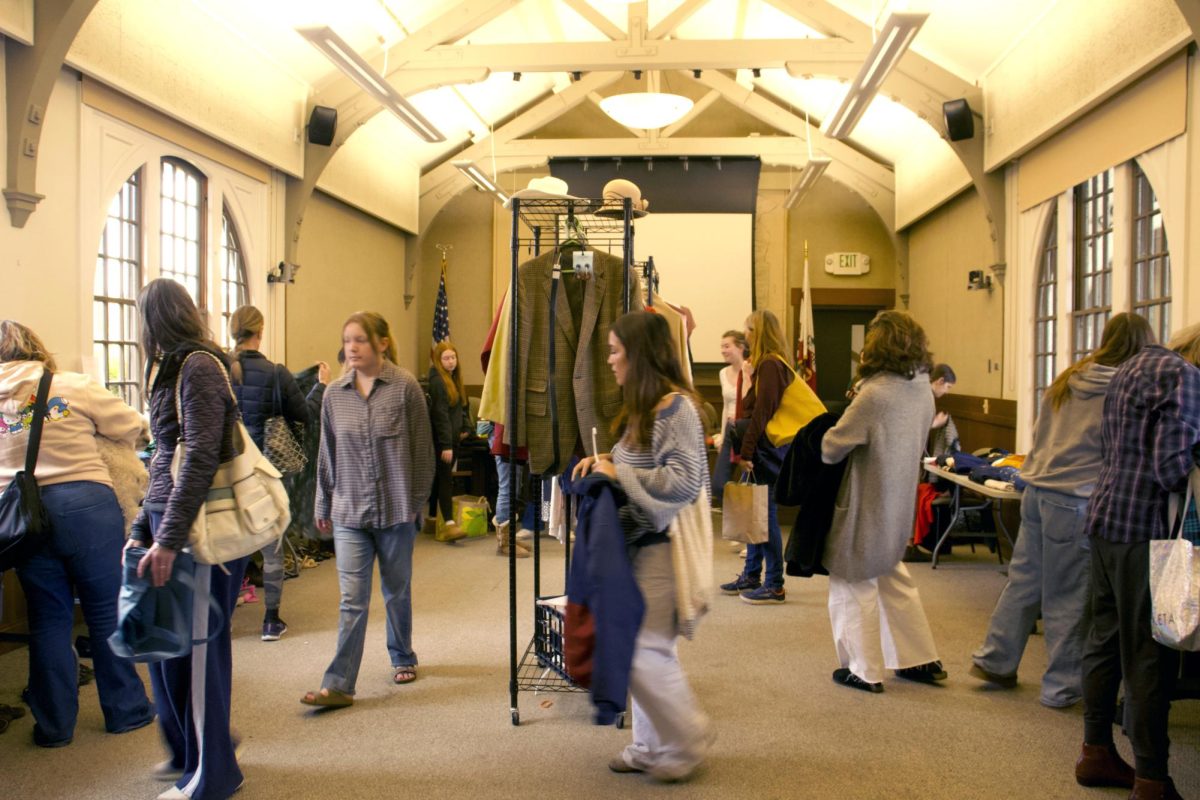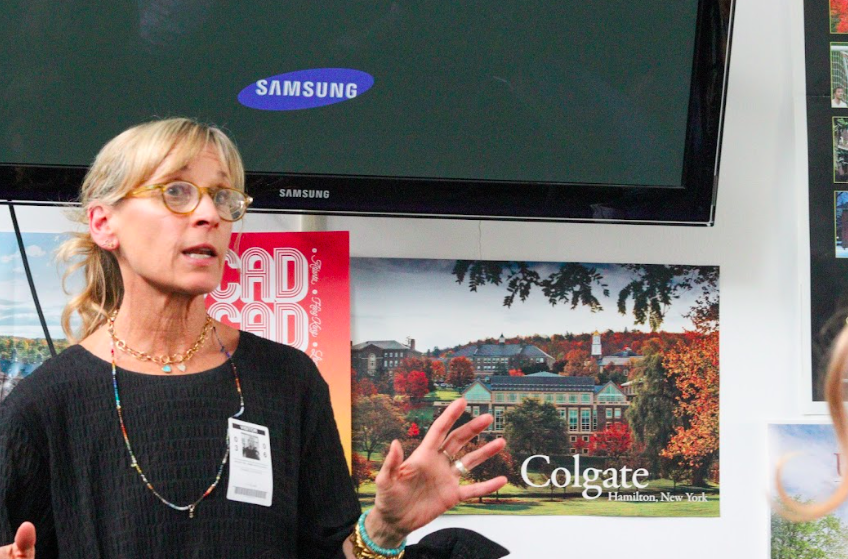On Thursday, Nov. 16th, the San Anselmo Racial Equity Committee screened the film Our America: Lowballed. The event, which took place in the Archie Williams Little Theater, featured a Q&A with Marin City residents after the screening. The film aiming to educate people about racial injustices within the housing industry garnered a large crowd.
The documentary follows an 18-month investigation led by ABC journalist Julian Glover, which tells the story of three Black and Latino families who got “lowballed” home appraisal offers. The appraisal business, often known as America’s whitest industry, is when a real estate official decides the value of someone’s home. Home appraisals are used to secure loans or receive credit, and historically families of color have had their homes illegally undervalued, which Glover examines in Our America: Lowballed.
Event organizer and San Anselmo Racial Equity Committee Member Tiffany McElroy first watched this documentary before the screening, and it brought up a lot of emotions for her.
“When I first saw it, I just felt really sad and frustrated and angry. This is happening and it’s not just happening to the three families in the documentary,” McElroy said.

Following the documentary was a Q&A with a couple who lived in Marin City, Paul and Tanisha Austin. When they got their first home appraisal, it seemed unusually low. As an experiment, they “whitewashed” their home by taking away anything that identified them as Black; such as art, family photos, and hair products.
Their second appraisal was worth $500,000 more.
Archie Williams Assistant Principal Kaki McLachlan felt this documentary was important to watch.
“I came to watch this documentary because I know that it’s an important topic. I know that it’s happening locally,” McLachlan said. “It was a really powerful and painful documentary to watch.”
McElroy wanted people to walk away from the documentary feeling educated and empowered. The hard-hitting message of the film left a mark on many in the audience, and McLachlan believed it made the issue even more local.
“I think it had a huge impact. I think it left many in the audience, based on their comments, wondering, okay, so I have this knowledge, what can I do to support?” McLachlan said.
After the film, Tanisha Austin shared ways to solve the issue, such as supporting federal legislation to regulate appraisers, anti bias training for appraisers, and encouraging women and people of color to pursue careers in the appraisal industry. The film aims to reduce racial bias nationally in the future.









